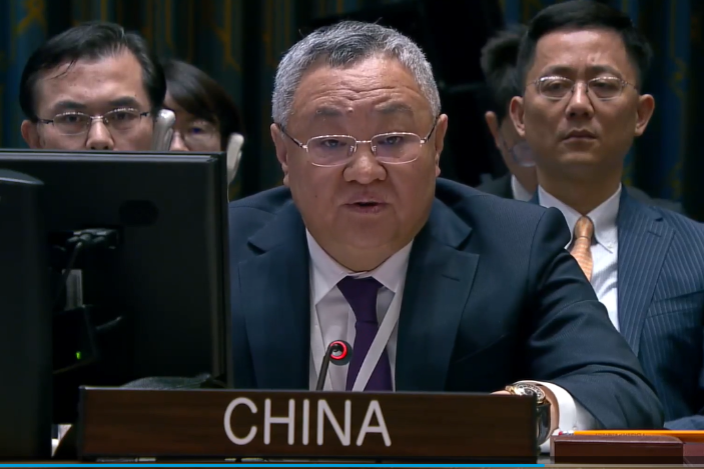Report says city's innovation progress on the right track

Shanghai is making steady progress in its quest to become a leading global innovation center due to the municipal government's policies and abundant investment into research and development by companies and institutions, according to a new report released during the 6th China (Shanghai) International Technology Fair (CSITF).
In the Global Scientific and Technology Centers Evaluation Report, which was released on the first day of the fair, Shanghai was ranked 17th among 160 cities and areas. The report showed that Shanghai has experienced relatively equal development in four aspects: basic scientific research, industrial technologies, innovative economy and innovative environment.
The Shanghai Information Center, which compiled the report, defined an innovation center as "a city or an urban area whose technological innovation activities exert influence nationwide or worldwide".
Silicon Valley in the United States took the top spot in the rankings. Eleven of the top 20 cities or urban areas on the list are from the US. The other Chinese cities that made the top 20 in the list were Beijing and Hong Kong, which were ranked ninth and 18th respectively.
According to the report, the cities and urban areas occupying the leading positions on the list are able to attract influential scientists, experts, technology companies and entrepreneurs. These places are also international centers for the transfer and exchange of technology results.
Tian Lipu, director of the China Intellectual Property Society, said that Shanghai should attach more importance to the global exchange of intellectual property so that the world's top innovative resources could be consolidated in the city.
"The city should also make the most of the country's Belt and Road Initiative to seek wider cooperation which can help speed up its pace of innovation," he added.
According to Chang Jing, deputy director of the innovation policy research office at the Shanghai Institute for Science of Science, the city has made substantial progress in the sectors of integrated circuit design, information technology and software.
"Innovation has become a decisive factor for the economic development of Shanghai," she said. "Talents both from home and abroad are attracted to the city thanks to its favorable working environment and lifestyle."
According to Chang, the municipal government of Shanghai has rolled out various measures in recent years to create a more conducive environment for innovation, including the provision of subsidies for small technology innovation startups, tax reductions for recognized high-tech companies and the establishment of incubators.
According to Shanghai's municipal bureau of statistics, the city's GDP grew 7.1 percent year-on-year to reach 3 trillion yuan ($475.8 billion) in 2017. Investments in R&D accounted for 4 percent of the total GDP.
Meanwhile, there were 426 foreign-invested R&D centers in Shanghai as of the end of 2017. Among the 45 regional headquarters that were established by multinational companies in the city last year, 15 of them were R&D centers.
In addition, 107 academicians from the Chinese Academy of Sciences were based in Shanghai, accounting for 13.4 percent of the national total, according to public information released at the end of last year. There were also 75 academicians from the Chinese Academy of Engineering in Shanghai, making up 7.9 percent of the total in China.
Researchers from the Shanghai Information Center also suggested in the report that venture capital should play a bigger role in helping Shanghai attract better innovation projects.
The report added that the internationalization of the renminbi will also support the city's development into an international technology innovation center.































